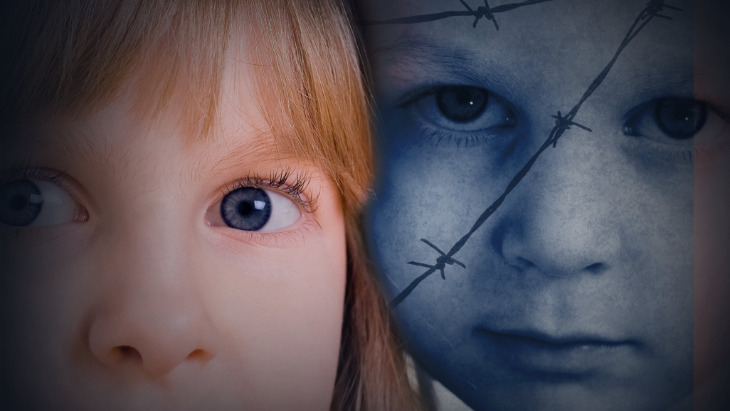This excerpt from Sara Yoheved Rigler’s book, “I’ve Been Here Before,” delves into the concept of a secret society of individuals who have Holocaust-related recurring dreams, panic attacks, flashbacks, or phobias. These individuals, mostly born between 1945 and 1961, share a common childhood obsession with the Holocaust, despite having no direct connection to survivors.
Rigler highlights the experiences of various individuals who have shared their haunting dreams and memories with her. These stories often involve vivid and disturbing recollections of past lives during the Holocaust, with details that align with historical events. The dreams of these individuals, particularly those experienced at a young age, suggest a connection to a past life with no other rational explanation.
By shedding light on these experiences and providing a platform for individuals to share their stories, Rigler aims to validate the experiences of those who fear ridicule or disbelief. The excerpt emphasizes the importance of acceptance and respect for these individuals who have been deeply affected by their Holocaust-related dreams and memories. This is a past-life memory. Melanie is reliving a traumatic experience from a past life. She is having flashbacks to being a child during the Holocaust, being separated from her family, and being taken to a concentration camp on a train. The emotional and physical sensations she experienced in her past life are still very real to her in this lifetime. It is a powerful reminder of the deep impact that past-life experiences can have on our present lives.
For Mirelle, her memories of the Holocaust were not just visions or flashbacks, but a deep and ingrained part of her being. They shaped her identity, her beliefs, and her choices in life. And while some may dismiss her experiences as mere coincidences or fantasies, for Mirelle, they are a profound truth that she carries with her every day.
As a child I knew things and had memories of things that were not told to me. During my interview with the rabbis prior to my conversion, they acknowledged my belief that I had a Jewish soul. Following conversion, it has been like my soul is at peace.
Tikkun – Rectification
Reincarnation assumes the existence of a spiritual entity, the soul, that continues to exist after the death of the physical body, and can enter a new body later in time.
The purpose of the soul’s descent to the physical world is, according to Kabbalah, tikkun or rectification of past mistakes. Just as every soul is unique, so every tikkun is different, as illustrated by the stories in Part Two.
For some, a failure of action can be rectified through a single, glorious choice. For others, tikkun is a rectification of a character flaw; fear must be replaced by courage, selfishness by generosity. For still others, the disposition of anger – at God and at human beings – must be rectified by faith and love.
Reincarnation replaces the fear of mortality with the assurance of immortality. This immortality has nothing to do with the youthfulness or fitness of the body. The body and all its accoutrements will indeed perish. Reincarnation, however, guarantees the eternal longevity of one’s core identity – the soul. Like a child who gets off a roller coaster ride and runs to get in line to do the ride again, our souls crave “another ride,” another chance to redress wrongs with clearer consciousness and more benevolent actions. Death comes with a ticket for another ride – although usually the line is very long.
I’ve Been Here Before; When Souls of the Holocaust Return is available in your local Judaica store or by clicking here.
Related reading: Reincarnation and Jewish Tradition.

